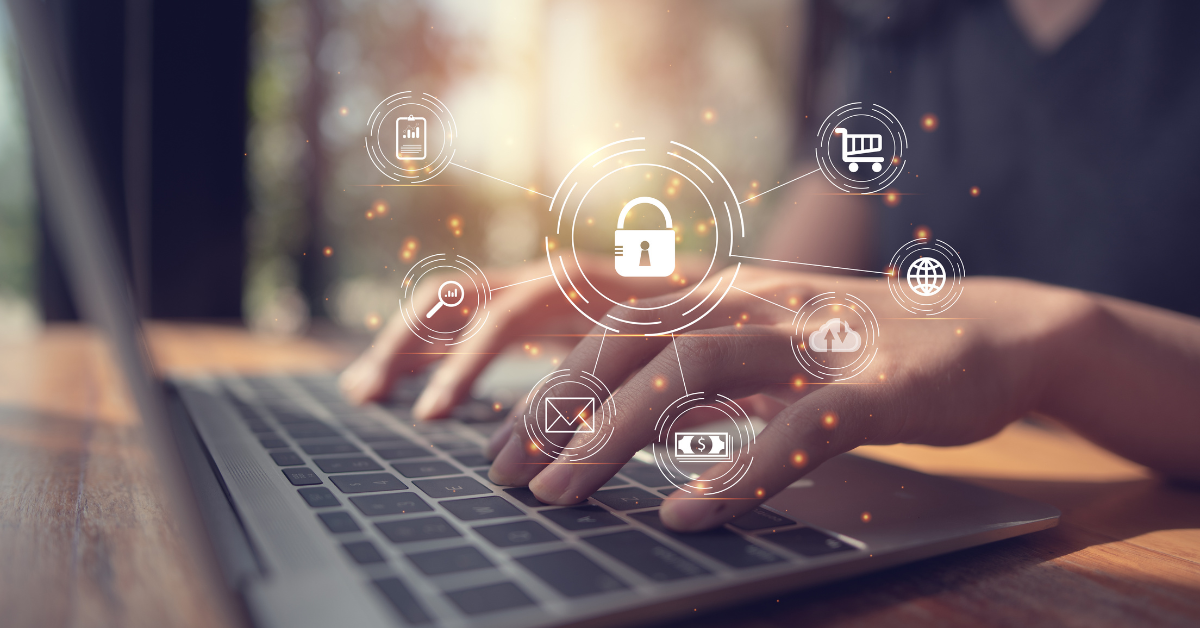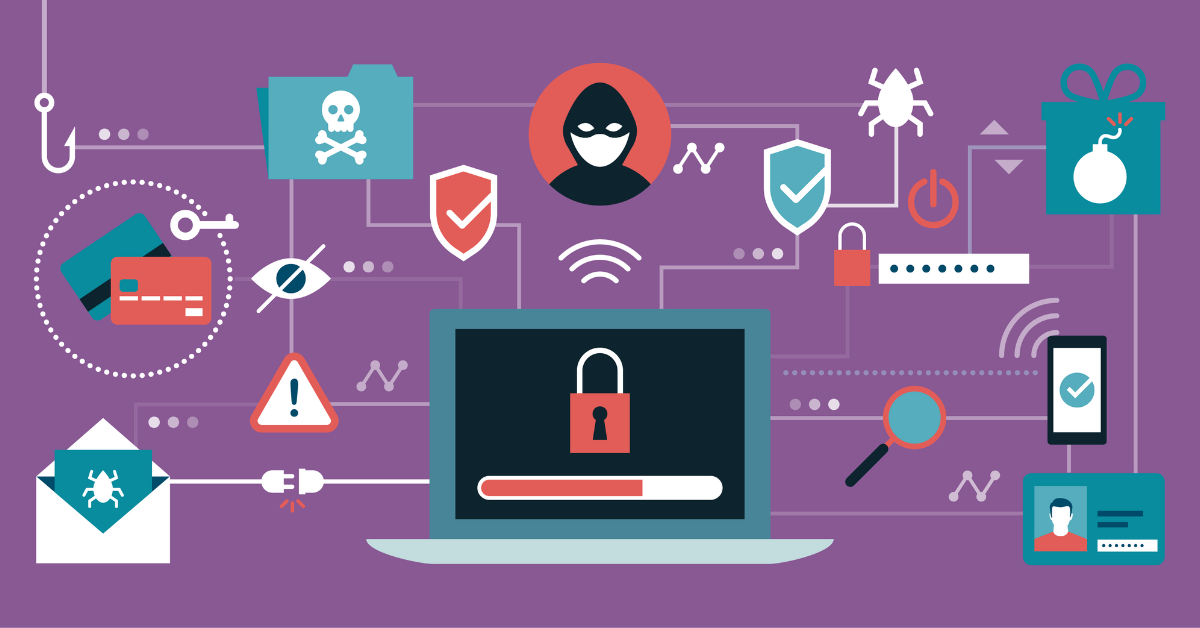As the digital universe continues to expand, our online activities are growing proportionately. With this increase, we must remain acutely aware of the inherent risks that come with it. Unseen predators, elusive cybercriminals, and cyberbullying are just a few of the potential threats lurking in the shadows of our digital existence.
While we often associate online safety primarily with children and their online interactions, it is equally crucial to consider how cybercriminals might access our personal and financial information.
Click here for a printer-friendly version of this article.
The Spectrum of Cyber Threats
Online threats are not limited to any specific group. Whether you're a teenager engrossed in the latest social media trends, an adult conducting financial transactions, or a senior exploring the digital world, the risks are the same.
The most common threats include:
- Identity theft
- Fraud
- Phishing scams
- Harassment
The danger is real, and the consequences can be significant, from financial loss to emotional distress.
Harnessing Internet Safety: Practical Tips
To reduce the risk and enhance our safety online, we can implement certain practical measures. Let's explore these in detail:
Limit Personal Information Shared Online
Every bit of information you share online can be a piece of a puzzle that, when combined, can compromise your identity. Be cautious about what you share, especially sensitive information such as your home address, phone number, or financial information.
Privacy Settings Matter
Social media platforms and other websites provide privacy settings for a reason. Take advantage of them. Regularly review and adjust these settings to control who can view your online activity.
Avoid Dangerous Websites
Not all websites are created equal. Some are designed to steal your data or infect your device with malware. Stay clear of websites that don't have 'https' in their URL, as they lack the necessary security measures to protect your data.

Use a Secure VPN Connection
A Virtual Private Network (VPN) helps protect your online activity by encrypting your data and hiding your online actions. It's especially crucial when using public Wi-Fi, which can be a hotbed for cybercriminals.
Create Strong Passwords
A strong password acts as your first line of defense against cyber threats. It should be unique, complex, and a combination of letters, numbers, and symbols. Avoid common words or phrases that can be easily guessed.
Keep Passwords Private
Never write down passwords or share them with others, no matter how trustworthy they seem. Remember, once your password is out of your control, so is your online security.
Shop Safely
When shopping online, ensure that the website is secure. Look for the 'https' in the URL and a padlock icon in the address bar. These indicate that your connection to the site is encrypted and your data is safe.
Be Cautious of Online Acquaintances
Remember that not everyone online is who they claim to be. Be wary of new online acquaintances and avoid sharing personal information with them until you've established a trusted relationship.
Be Mindful of What You Share and Download
Always think before you click. Be wary of downloads from unfamiliar sources and think twice before sharing sensitive information or images.
The Balancing Act: Embracing the Benefits of the Internet
The Internet offers a plethora of benefits, including remote work, virtual learning, educational apps, and online shopping. It's a powerful tool that has revolutionized our way of living.
However, it's essential to always prioritize safety and remain vigilant. As we continue to reap the advantages of the digital world, we must constantly be cautious of the websites and people we encounter online. By staying informed and taking proactive measures, we can enjoy the bounties of the digital world while ensuring our safety.
Remember, vigilance is key. Regularly update your devices and software, keep an eye out for suspicious emails or messages, and most importantly, educate yourself and your loved ones about the current trends in cyber threats and the best practices for online safety. Let's make internet safety a priority, today and every day.








